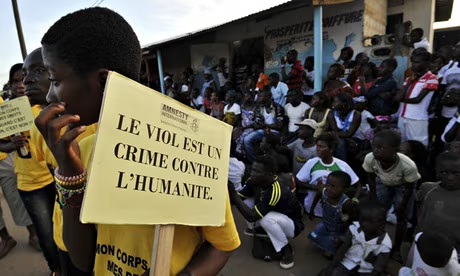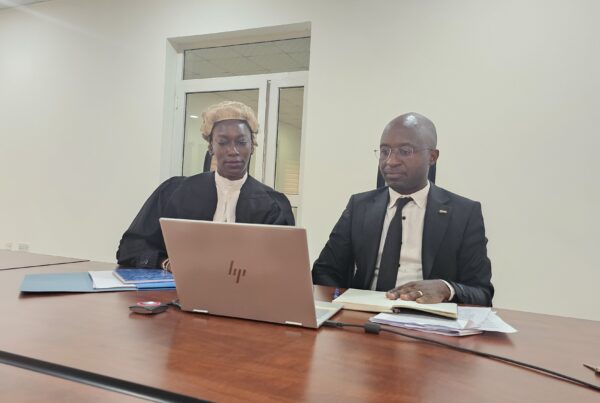Brief Facts
Zimbabwe Lawyers for Human Rights and the Institute for Human Rights and Development in Africa (IHRDA) (Complainant) filed communication 294/04 before the African Commission on Human and Peoples’ Rights on behalf of Mr. Andrew Barclay Meldrum against Zimbabwe(Respondent). Complainant alleges that Access to Information and Protection of Privacy Act (Zimbabwe) – Immigration Act (Zimbabwe) violates Mr. Meldrum’s rights of freedom of expression and freedom to disseminate information provided under the African Charter.
Issues
-Whether appeals to quasi-judicial government functionaries constitute valid remedies to be exhausted;
– Whether deported/exiled complainants are required to exhaust local remedies despite not being physically present in respondent State through instructions to counsel to act on their behalf;
– Instances where recourse to local remedies is a “senseless formality”;
– Whether the communication was written in insulting or disparaging language .
Alleged Violations of the African Charter on Human and Peoples’ Rights
Article 1– Obligation of member states to give effect to the African Charter
Article 2 – Freedom from discrimination
Article 3– Equality before the law and equal protection of the law
Article 7 – Right to fair trial
Article 9 – Right to receive information and express and disseminate opinions
Article 12: Right to protection of non-nationals from arbitrary expulsion
Article 26 – Duty to guarantee the independence of courts
Venue
African Commission on Human and Peoples’ Rights
Status of Communication
The ACmHPR held that the respondent state violated all the rights listed above. Citing Inter-American jurisprudence and the important holdings in Brown v. Board of Education of Topeka as well as its own established case law contained in IHRDA v. Angola, and the practice of the United Nations Human Rights Committee, the Commission set forth important holdings on non-discrimination against persons because of national origin, equal protection under the law and the essential and fundamental independence of national judiciaries. The Commission also elaborated on Article 7 of the Charter emphasizing the individual’s right to be heard, to appeal and to be accorded a presumption of innocence until proven guilty. On the issue of exhaustion of local remedies, the ACmHPR held that the respondent state contributed to the frustration of the complainant effort to exhaust local remedies hence, the complainant is deem to have constructively exhausted local remedies. The Commission reaffirms the paramount importance of freedom of the press in a democratic, constitutional system. The case was decided on merits at the 6th Extra-Ordinary Session of the ACHPR held in Banjul, The Gambia (April, 2009).





